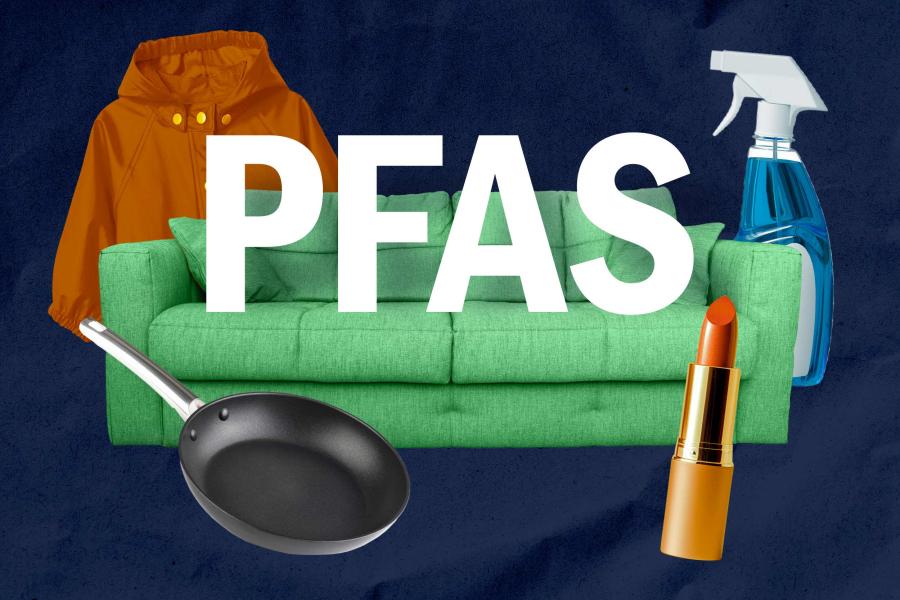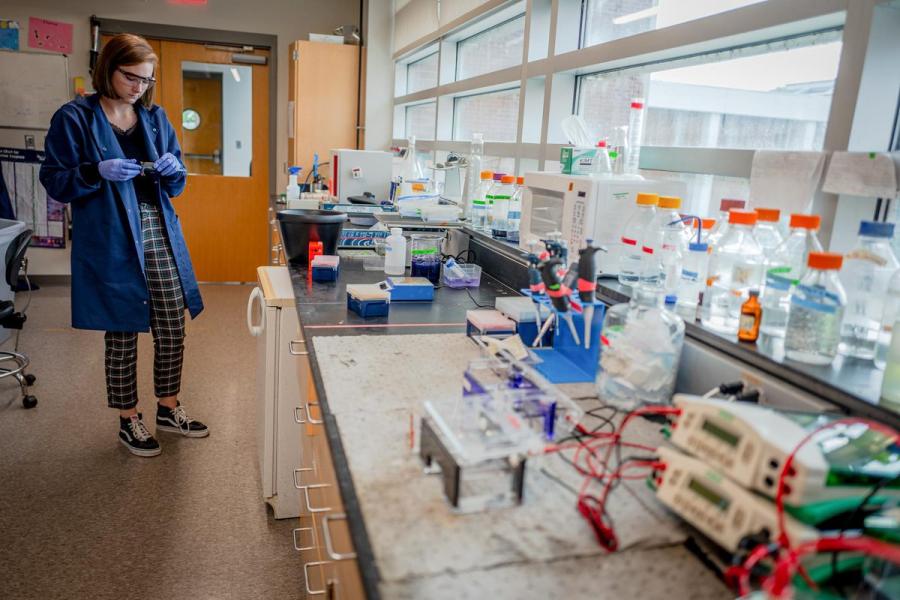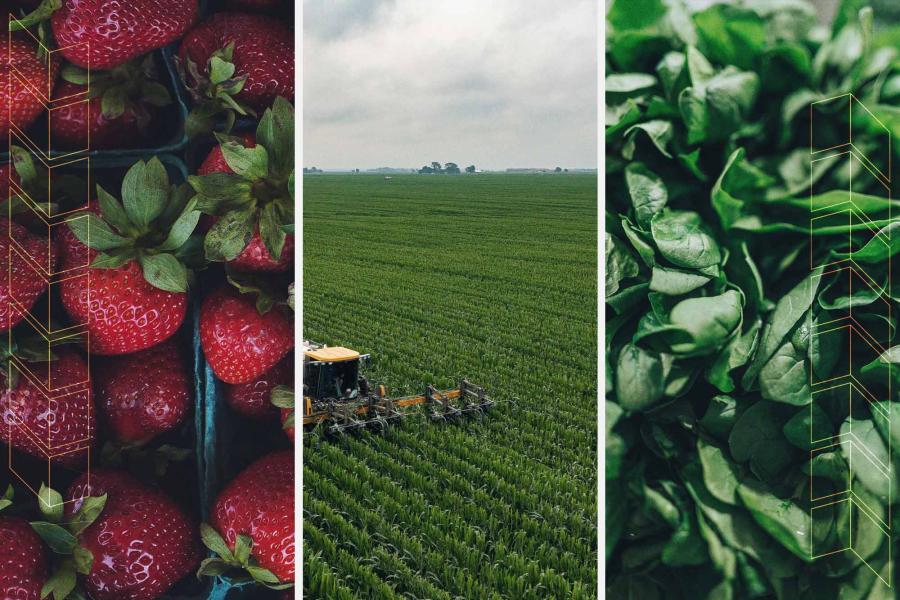The U.S. Food & Drug Administration has announced several recent food recalls, including one affecting more than a million cage-free, certified organic eggs linked to a multistate salmonella outbreak.
University of Virginia engineering professor Bryan Berger has been researching chemical contaminants in food and how to reduce them for years. In 2022, he founded a company that works to create alternatives to antimicrobials used in farming.
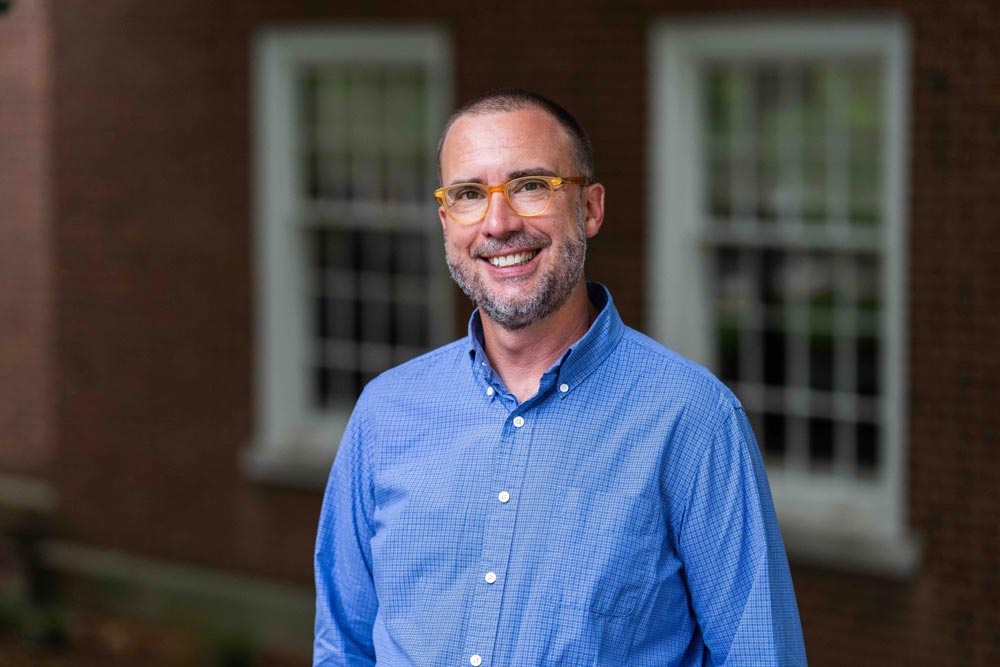
Berger encourages people to buy directly from farms invested in regenerative practices, both as a way to stay safe and to invest in local businesses. (Contributed photo)
He spoke with UVA about how chemical pesticides and antimicrobials increase the risk of foodborne illnesses and how he hopes to change that.
Q. What are some of the issues chemicals used in our foods can create?
A lot of the things we’ve been hearing about in the news recently have to do with food additives, preservatives and chemicals used in food preservation and food processing. They have negative health impacts on people directly, just because they accumulate in food.
Another issue is the increasing resistance of foodborne pathogens to these chemicals. It’s kind of a vicious cycle where you just keep applying more and more and more to make the problem go away. In doing so, you just create more resistant pathogens and increase the chemicals themselves in the food. And we eat them.
A big part of our company’s work is working hand-in-hand with the U.S. Department of Agriculture and the food industry. We have some joint patents with the USDA to explore all-natural replacements to antimicrobials and chemicals that are used in food. Right now, we’re going after listeria, salmonella and E. coli, which are some of the biggest foodborne pathogens you hear about.
Q. What are you paying attention to as an expert?
There was recently a huge salmonella recall on eggs; 1.7 million crates of eggs were recalled due to salmonella contamination. I would say, in the past year or two, there’s been a significant uptick in the number of recalls of food due to foodborne illness and contamination. So, what I keep an eye on is just the increasing frequency with which it happens. And then, that informs a lot of the work that we do, that’s led to working with companies to do testing. It’s led to working closer with the USDA.
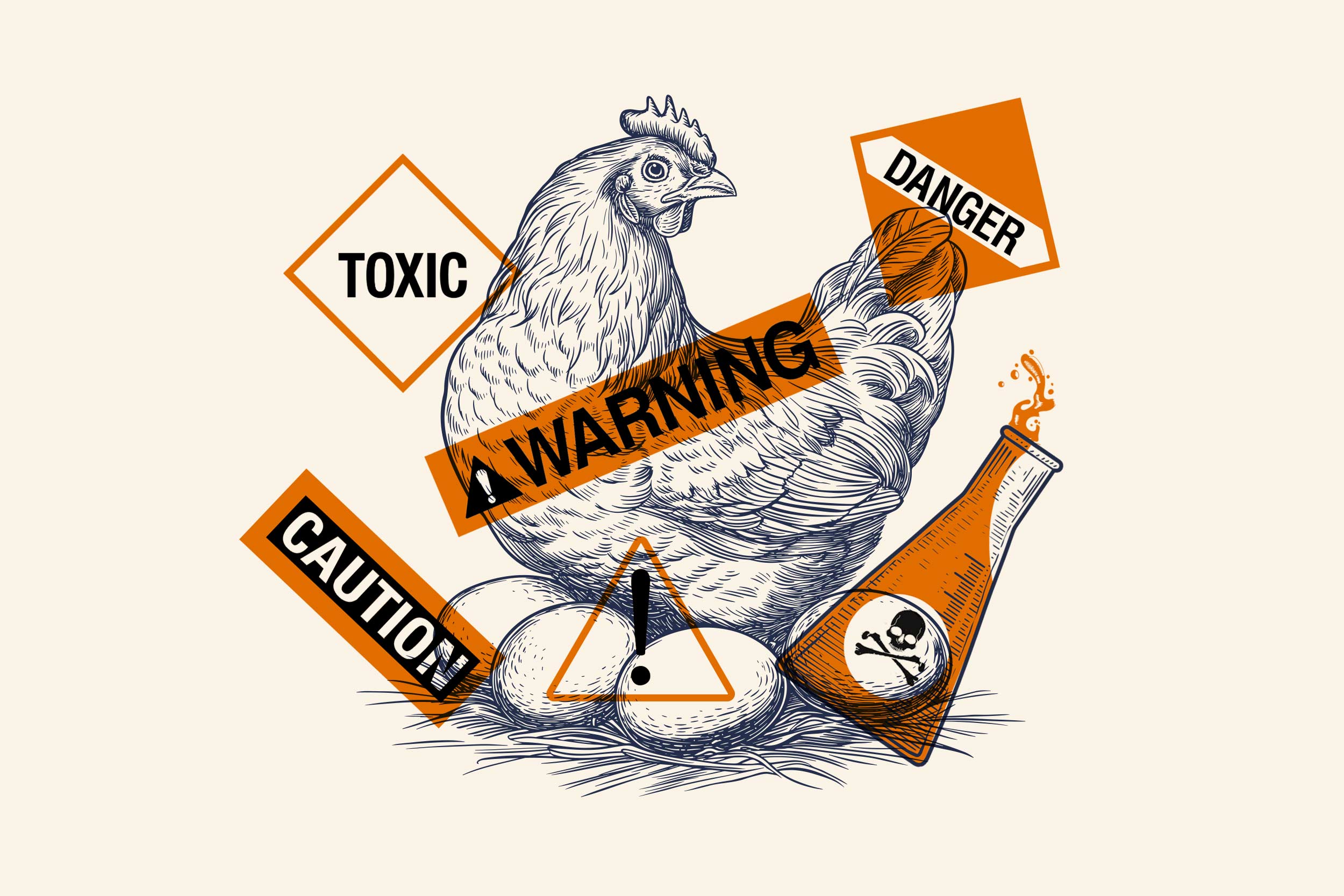



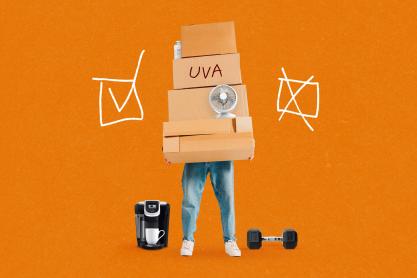

.jpg)
